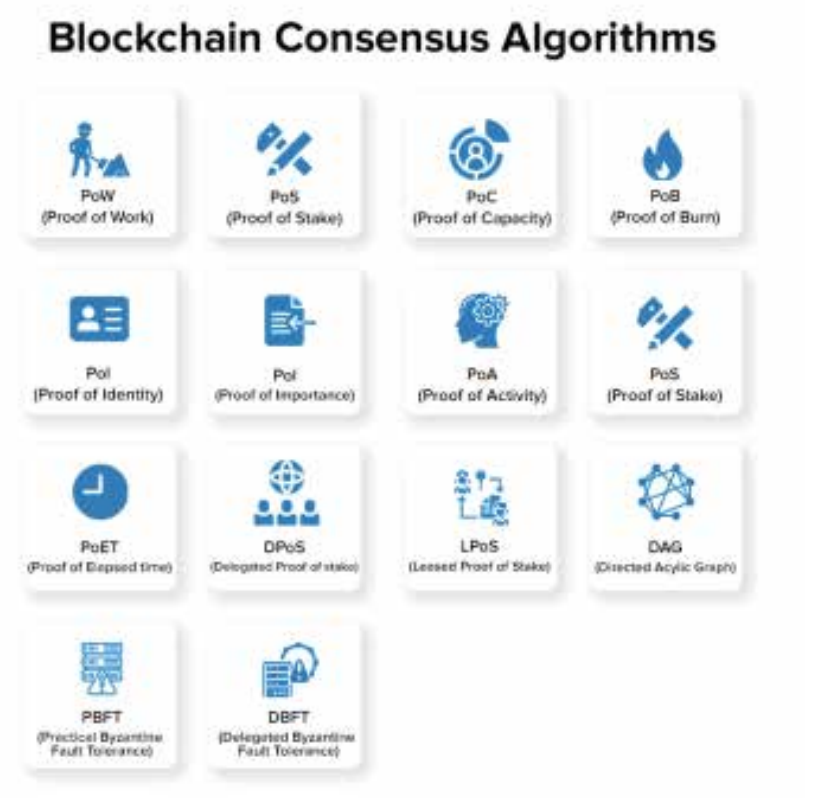ROCHESTER MYOFUNCTIONAL THERAPY LLC

In current blockchain design, the execution of smart contracts is synchronized outside of normal data validation. However, malicious design or low
Poor smart contracts can take up longer runtime, affecting normal accounting behavior and causing de facto denial of service attacks.
The current smart contract economy model is divided into equity guarantee and fee execution. The two have adopted different approaches in preventing denial of service
The former requires smart contracts to complete operations within the block interval, while the latter uses economic methods to restrict malicious behavior
Occurred.
However, these two methods have obvious drawbacks: equity guarantees cannot execute complex logical smart contracts or multi-layer smart contracts
Invoke, thereby limiting distributed application capabilities; The implementation of fees may seem reasonable, but there are also drawbacks. In Sunflower's
Different strategies were adopted in the design: firstly, asynchronous execution was adopted to run the smart contract; Secondly, execute in shards
Run smart contracts to avoid denial of service and SPAM attacks; Finally, the execution of smart contracts in the FDG system is either free or
It is a way of paying for tokens issued by the publisher themselves, making the cost controllable and the issuance cost low.
